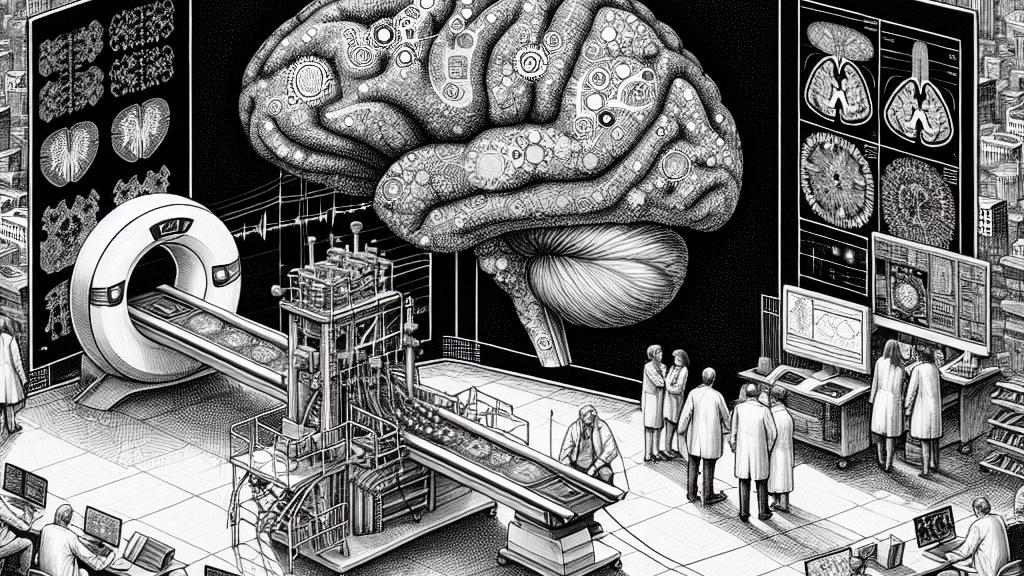Understanding Brain States with Transformers
Overview
- Investigates how researchers use fMRI and transformer models to predict human brain states.
- Explains the Conscious Discipline model, detailing the interaction between brain-body states and behavior.
- Presents groundbreaking studies on attentiveness in infants and its implications for autism detection.

Predicting Brain States Using Advanced Technology
Imagine being able to peek into the mysterious world of your brain, predicting its next moves! That’s exactly what a talented group of researchers from China achieved in a recent study published on arXiv. They harnessed the power of functional magnetic resonance imaging (fMRI) and transformer models—tools typically used for tasks like translating languages or composing music—to forecast brain states with stunning effectiveness. Remarkably, they could predict what the brain would do up to 5.04 seconds in advance, based on data collected over 21.6 seconds. Just think about it: it's like reading the opening lines of a mystery novel and then guessing the plot twist! This research sheds light on the brain’s intricate communication networks, diving into how regions collaborate much like a team of city planners orchestrating a bustling metropolis.
Conscious Discipline: Navigating Emotions and Behavior
Have you ever stopped to ponder why children react differently when faced with various emotional situations? The Conscious Discipline Brain State Model provides an eye-opening framework that clarifies this dynamic. It identifies three primary brain-body states—Survival State, Emotional State, and Executive State—each intricately linked to our behavior. For instance, in a daunting environment, a child might enter their Survival State, responding with aggression while asking, 'Am I safe?' This primal response can cloud their judgment and inhibit learning. By recognizing these emotional states, caregivers and teachers can foster healthier interactions and responses. They can guide children from the overwhelming chaos of emotional responses to the calm, analytical Executive State, where problem-solving skills can flourish. Such an approach not only nurtures self-awareness but also empowers kids to navigate their feelings, fostering mutual understanding in their relationships.
Attentive Brain States and Their Impact on Autism Detection
Recent groundbreaking work, especially a study available on PubMed, has illuminated the vital role of attentive brain states in infants, particularly regarding autism. Researchers employed state-of-the-art multichannel electroencephalography to investigate how infants—especially those with a family history of autism—engaged with social stimuli. What they found was remarkable: infants at a higher risk displayed distinctive attention patterns that could serve as precursors to future social challenges. For example, variations in how these babies responded to facial cues provided crucial insights into their evolving social skills. Picture being able to catch these early indicators! Such discoveries highlight the potential of timely interventions to assist children on their developmental journeys. By understanding these subtle brain state characteristics, we can reshape our approach to nurturing social connections in young minds, allowing for a more supportive environment as they navigate the complexities of social interactions.

Loading...